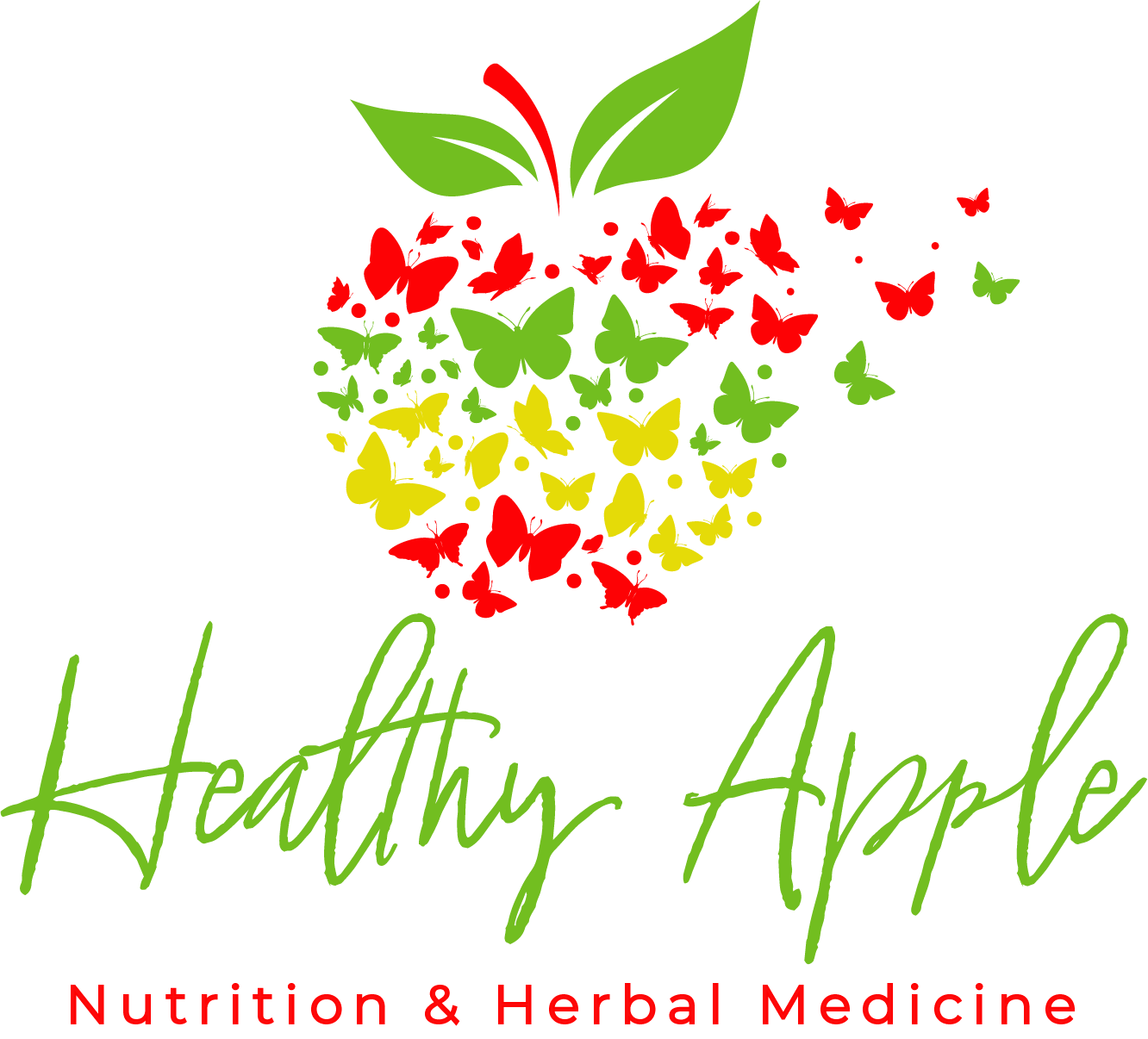Inflammation
Anti-Inflammatory Strategies & Anti-Inflammatory Foods
What is inflammation?
Inflammation is a protective mechanism that your body initiates in response to injury or infection.
There are many internal chemical messengers that encourage blood flow to an area, increased numbers of immune cells and often, pain generation as a signal that something is wrong.While it may be helpful, inflammation can also become chronic or disadvantageous. Some conditions which have been linked to excess inflammation include
Heart disease
Stroke
Arthritis
Asthma
Cancer
Diabetes Type II
Inflammatory Bowel Disease
Autoimmune disease
Allergies
Saturated* and trans-fats, as well as Omega-6 fats can produce inflammation in the body – they are often found in animal foods, commercial baked products and packaged foods designed to have long shelf lives.
So what to eat?
Eat More Of These :
Most of these foods contain natural (phyto) chemicals that reduce and relieve inflammation and pain.
Spices like: ginger, garlic, chilli, turmeric, rosemary, oregano, cloves and onions.
Foods high in Omega-3 fatty acids:
Salmon, sardines, mackerel, herring, anchovies
Walnuts
Flaxseeds and flaxseed oil
Foods high in antioxidants:
Green and black tea.
Green leafy vegetables.
Brightly coloured fruit and vegetables (especially red, yellow and orange)
Berries
Pineapple core and green papaya contain proteolytic enzymes that can help to reduce immune complexes causing inflammation.
Monounsaturated fats such as those in olive oil.
Eat Less of these: Diets high in these foods have been linked to increased inflammation.
Trans-fats and omega-6 fats:
Dairy products
Red meat
Processed foods (some)
Partially hydrogenated oils.
Sugars and simple carbohydrates:
White bread, white rice etc.
Sugary foods and lollies.
Corn and rice cereals.
Processed meats (as these contain nitrites).
Nightshade vegetables can irritate some types of inflammation, such as rheumatoid arthritis. These include eggplant, tomatoes, potatoes, etc.
Foods that you may be intolerant to (check with your clinician)
Wheat or gluten
Dairy
Eggs
Soy
Fish
Food additives such as artificial colours and flavours.
Pesticides and fertiliser residues on fruit and vegetables
Note: Individual dietary recommendations are needed. These recommendations are only a general guide. Check with your health care professional for guided care.
